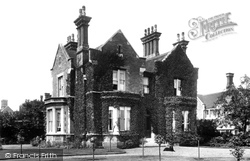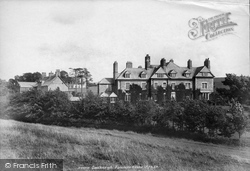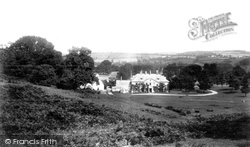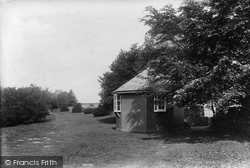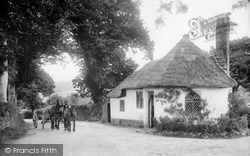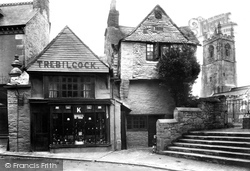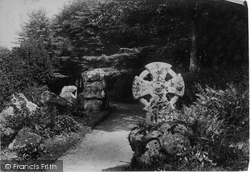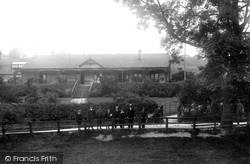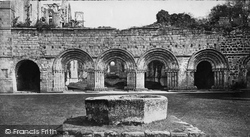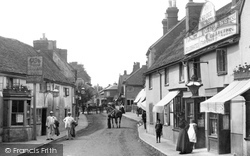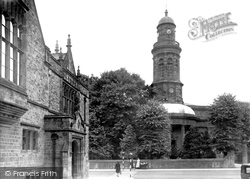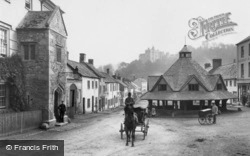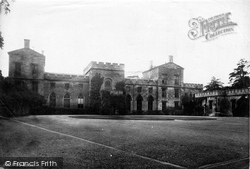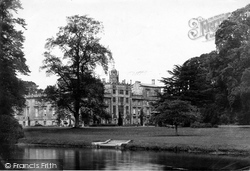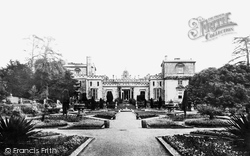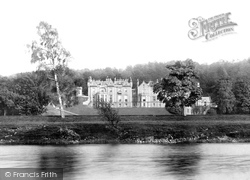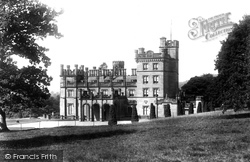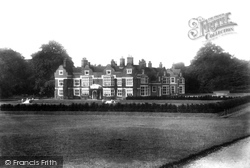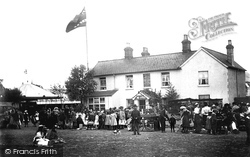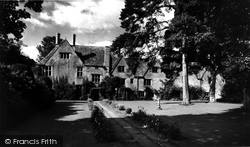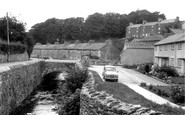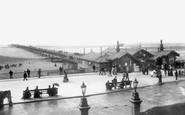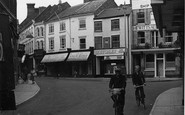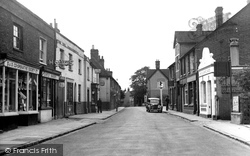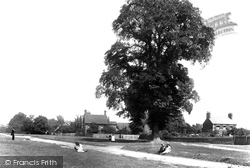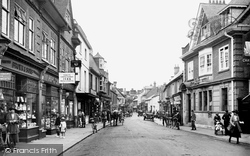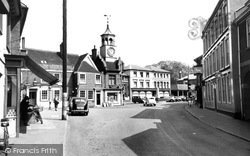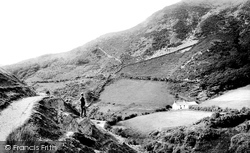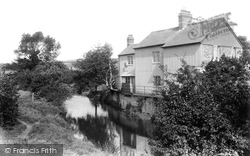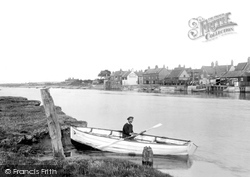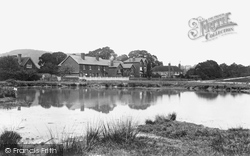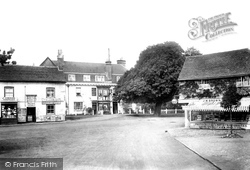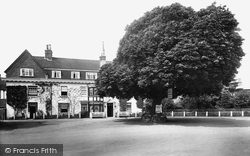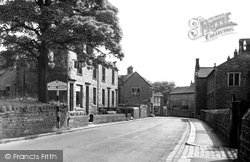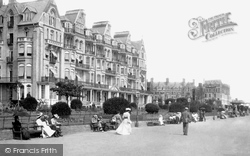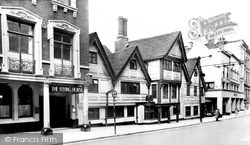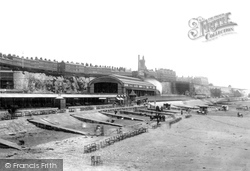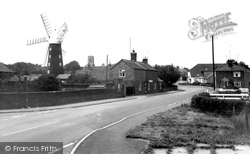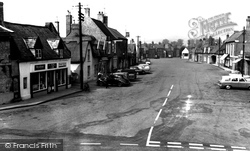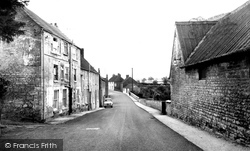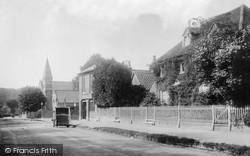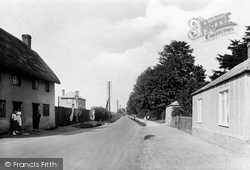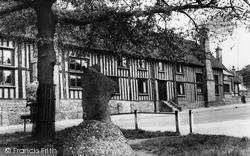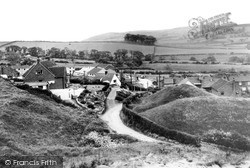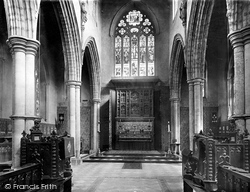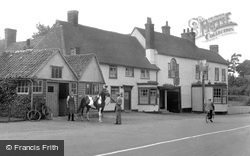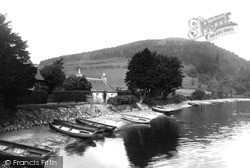Places
36 places found.
Those places high-lighted have photos. All locations may have maps, books and memories.
- Chatsworth House, Derbyshire
- Osborne House, Isle of Wight
- Brambletye House, Sussex
- Ickworth House, Suffolk
- Kingston Lacy House, Dorset
- Boscobel House, Shropshire
- Preshute House, Wiltshire
- Bolton Houses, Lancashire
- Brick Houses, Yorkshire
- Quaking Houses, Durham
- Water Houses, Yorkshire
- Bottom House, Staffordshire
- New House, Kent
- Mite Houses, Cumbria
- Lyneham House, Devon
- Church Houses, Yorkshire
- Dye House, Northumberland
- Spittal Houses, Yorkshire
- Street Houses, Yorkshire
- Tow House, Northumberland
- Halfway House, Shropshire
- Halfway Houses, Kent
- High Houses, Essex
- Flush House, Yorkshire
- White House, Suffolk
- Wood House, Lancashire
- Bank Houses, Lancashire
- Lower House, Cheshire
- Marsh Houses, Lancashire
- Chapel House, Lancashire
- Close House, Durham
- Guard House, Yorkshire
- Hundle Houses, Lincolnshire
- Hundred House, Powys
- Thorley Houses, Hertfordshire
- School House, Dorset
Photos
6,747 photos found. Showing results 4,941 to 4,960.
Maps
370 maps found.
Books
Sorry, no books were found that related to your search.
Memories
10,363 memories found. Showing results 2,471 to 2,480.
People In This Image
This photograph was probably taken at some time in 1967-68, a bit later than 1965, when the first council houses were built. My gran is in the photo, talking to the woman and girl. The adjacent houses where Alf Thompson lived weren't built until a year or so later than the ones shown.
A memory of Cark in 1968 by
Living In Hayes In The 50s 60s
I lived in one of the council houses in Mounthurst Road from 1954 to 1970. I have a very good memory of growing up there. The prefabs in Mead Way, there must have been hundreds on both sides and we used ...Read more
A memory of Hayes in 1964 by
Wartime Memories
I have some very fond memories of Montacute when my sister and I were sent to stay with some very distant relatives during the war. We were living in Kent at the time and my mother was very worried for our safety when the blitz ...Read more
A memory of Montacute in 1940 by
Isleworth Osterley
I moved from Houslow to Isleworth in about 1961. We lived off the Thornbury Road in Eversley Cresent. I used to play in Osterley Park and walk my dog there as a child. It's a beautiful park. My elder sister Wendy and I ...Read more
A memory of Osterley in 1965 by
Albert Road
I lived at 68 Albert Road from about 1953 until they knocked the street down and we all moved up to the flats at the top of the road. It was a great place to be a kid, we still had the bomb site at the back of the gardens in between ...Read more
A memory of Kilburn
Bessie Tarver's Book Light And Shade
My Grandmother, Bessie Tarver, wrote a book about her life from 1891-1919. She mentions going to Southport, after her mother's death in 1897. She describes going to the pleasure fair and going to her ...Read more
A memory of Southport in 1890 by
Barrack Hill School
I too was born at Bredbury in 1951 and attended Barrack Hill Primary School from 1957-1962. then went on to Highfield. I have a good memory of those early days and recall teachers such as ( juniors) Mrs.Ridley. Mrs. Lambert, ...Read more
A memory of Bredbury in 1957 by
Stamford, Spalding And Boston Bank
My Great Grandfather was Edward Ashton, he was born at Kirkby House in Harrington Hafleet, Lincolnshire in 1850. In transcribing his son's memoirs he talks about moving back to Louth about 1889 when his father gave ...Read more
A memory of Louth in 1890 by
The Tin School
I went to the tin school from 1962 until 1966, I had to leave the school as our house on Eggington Street was compulsory purchased by the council and demolished. I remember enjoying my time at the school and I had a teacher in ...Read more
A memory of Collyhurst by
Your search returned a large number of results. Please try to refine your search further.
Captions
6,914 captions found. Showing results 5,929 to 5,952.
Burnham desperately struggles to keep its identity separate from the sprawl of Slough, but the historic core is surrounded by suburban housing and its main street has seen injudicious change since 1955
Originally a village of scattered houses beside a long rectangular Green with a triangular north end, it spawned a commuter village in the 1930s based around Croxley Station.
buildings beyond the present Nationwide were rebuilt before the First World War and part is now the Pennsylvania pub, a reference to William Penn, the founder of Pennsylvania in the USA, who lived at Basing House
Much of the building is of Tudor origin, but later additions are said to include panelling removed from Houghton House (see 39964). The Market Place has been redeveloped as a Millennium project.
The house opposite is Nant Myniawyd.
Its bell tower housed a carillon of 35 bells, cast at Louvain, and installed at a cost of more than £2,000. People would gather on the surrounding hills to listen to its peal.
Gales and floods have destroyed many old buildings in Wells, but there are still some early 17th-century flint and brick houses to be seen.
Before the Second World War this was regarded as the most remote village in the county, with its cottages and houses straggling along the western side of its long green.
Standing in the shadow of a great chestnut tree and originally a posting and coaching house, The Royal Anchor Hotel (centre) dates from the time of Samuel Pepys, who found 'good, honest people' here.
Standing in the shadow of a great chestnut tree and originally a posting and coaching house, The Royal Anchor Hotel (centre) dates from the time of Samuel Pepys, who found 'good, honest people' here.
The Brown Cow and the Black Bull, built in 1855, were voted 'excellent', as was Hudson's ice cream shop, which was housed in what was originally the toll bar premises.
Ramsgate is the third in the trinity of Thanet holiday resorts; its attractions would have been familiar to the young Princess Victoria, who as a small girl stayed in a house near the bandstand on the
We now move east to The Poultry, the street along the south side of the Council House.
The beach is overlooked by the Georgian houses of Wellington Crescent. In the centre is the Sands station, owned by the London, Chatham & Dover Railway, which opened on 5 October 1863.
They are not there now - housing or car parks have taken their place. The road is still the A158 Lincoln to Skegness road. Remember Green Shield Stamps? The garage on the right offered them!
Notice the superb thatching on the house on the left. Further down, near all the cars, is Frydays, a good fish and chip shop and restaurant.
This is Main Road, and it is full of local limestone-built houses. Originally it was the Great North Road, and had numerous inns.
Towards the southern end of London Road, the 'tip-up' cart is parked waiting for its horse to be harnessed, whilst a milk cart (left) winds slowly up the hill towards the Congregational church close to
Of all the buildings, only the house in the distance on the left, No 1 Ermine Street, survives. It reminds us that Buntingford High Street and Royston Road follow the line of the Roman Ermine Street.
The school was renamed Roger de Clare School in 1969 when Mr Pritchard was head teacher; it moved to new premises in 1974, when the building was converted to housing.
The earth mounds in the foreground may be relics of those activities, but the houses are modern.
Auckland Castle, also known as Auckland Palace, began as a manor house built in about 1183 by Bishop Pudsey, but it was later converted into a castle by Bishop Anthony Bek in the 14th century
The forge was very important during the coaching era, and was still working in the 1920s, but it is no longer operating, and is now a private house.
It was once known as Clachan Dubh, (the dark village) because its mountain setting offered two hours less sunlight during winter evenings.
Places (80)
Photos (6747)
Memories (10363)
Books (0)
Maps (370)


